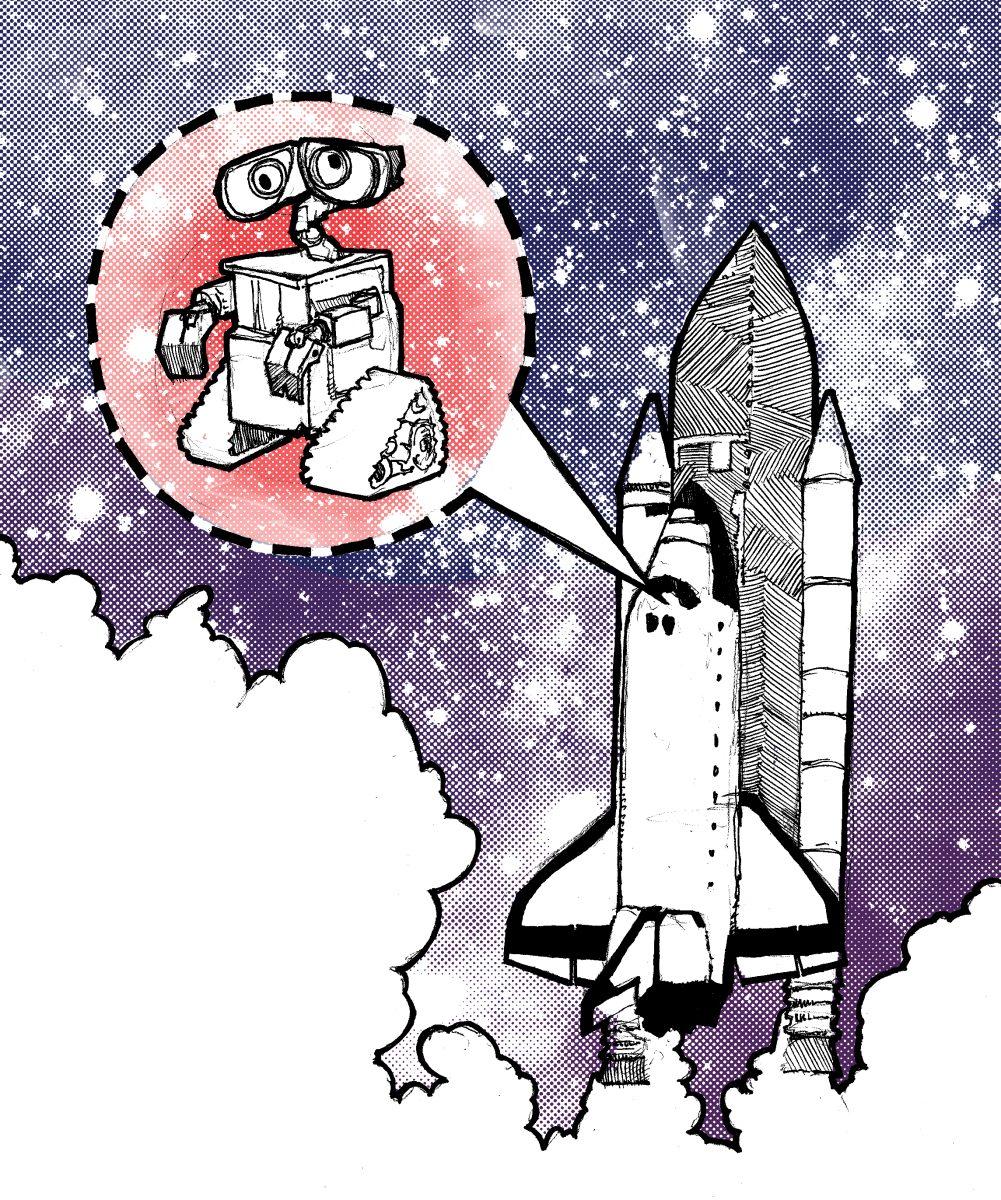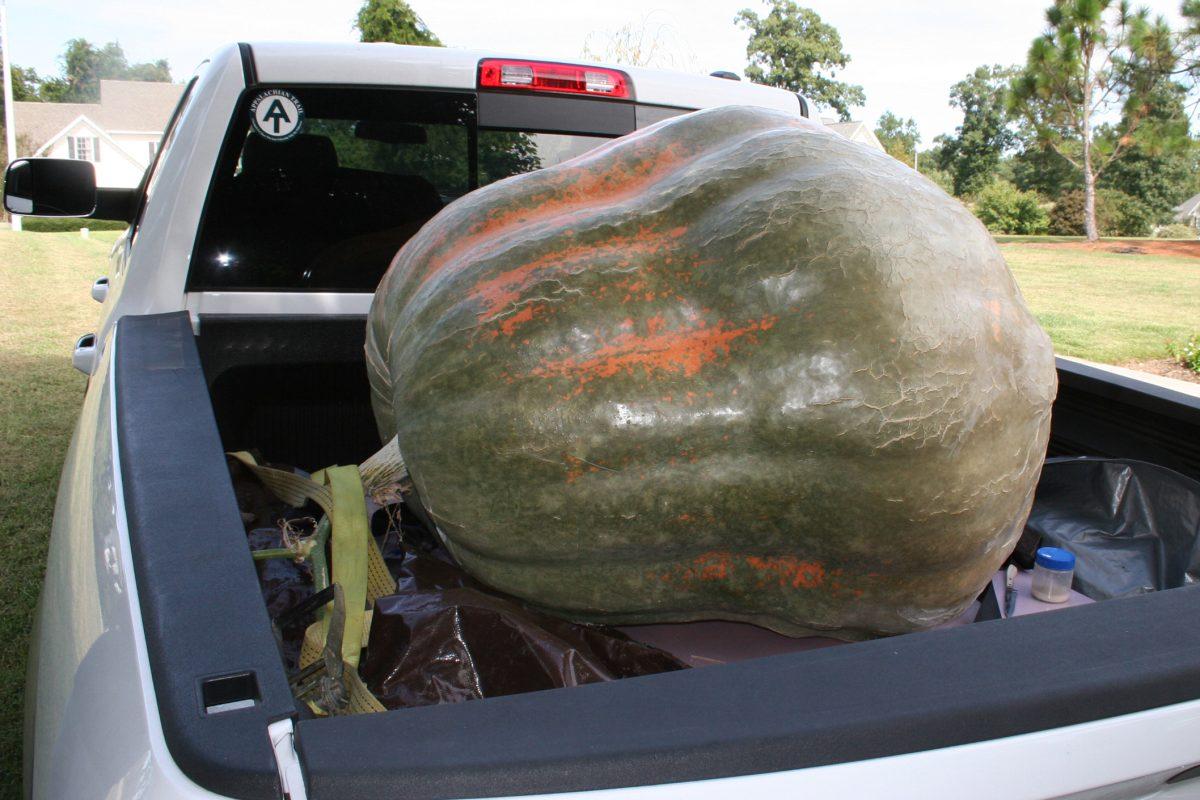Although few students can hope to breach the outer atmosphere in the near future, a group of N.C. State students is working to make that dream a little more achievable — and profitable.
Charlie West, a graduate student in computer science, organized the N.C. State Commercial Space Club in August 2012 to aid the process of human space exploration.
The 12-member club discusses the profitability of space exploration, hosts guests from the industry and even conducts space research. The club’s current research revolves around improving life support and communication systems.
Speaking at the annual Free and Open Source Software Fair held Feb. 9, West addressed the possibility of technology that until recently was only science fiction: private space stations, bases on Mars and the moon, and asteroid harvesting. West said he is convinced these technologies are possible and that large-scale exploration outside our planet is essential to our species’ success.
The reason? West said satellites with photovoltaic panels may be able to use microwave radiation to beam cheap energy back to earth.
“Which world would you prefer to live in? This one where people talk about overpopulation and eco-doom?” West said. “Energy is the fundamental limitation on our transportation and manufacturing capabilities. If we solve that issue, everyone will have a better life.”
While large-scale space companies, space habitats and free natural resources may seem like an impossible dream, a lot of money has been invested by people with a track record of success.
According to West, the recent growth of private space companies such as Bigelow Aerospace and SpaceX is due to less government investment in the industry.
Elon Musk, co-founder of PayPal and founder of the electric car company Tesla Motors, started SpaceX in 2002 to change the way rockets are produced. SpaceX is currently flying cargo supply missions to the International Space Station for NASA on a $1.2 billion contract. It was the first private company to dock with the ISS. Musk’s final goal is an 80,000-person colony on Mars.
If the price of rockets drops due to SpaceX, it would have an enormous effect on our economy and space development, West said. It would be as if the price of a gallon of gasoline dropped to 50 cents.
Other companies, such as Planetary Resources, intend to harvest asteroids for resources such as platinum and gold. Planetary Resources was founded in 2010 with a team of investors including Ross Perot Jr., James Cameron and Google co-founders Larry Page and Eric Schmidt.
Despite the organization’s youth and small size, the Commercial Space Club has several accomplishments. It recently received a grant to test a small communication satellite, CubeSat, using a weather balloon and the N.C. State radio tower. It is also applying for grants from NASA to launch its satellite into orbit.
Along with satellites, the interdisciplinary team at the space club is doing research into the chemicals and plants required to live in a closed ecosystem. Another group is working to develop the material and design for a solar sail. A solar sail uses photons from the sun to push spacecraft like a wind sail.
The Commercial Space Club meets weekly on Monday evenings.





